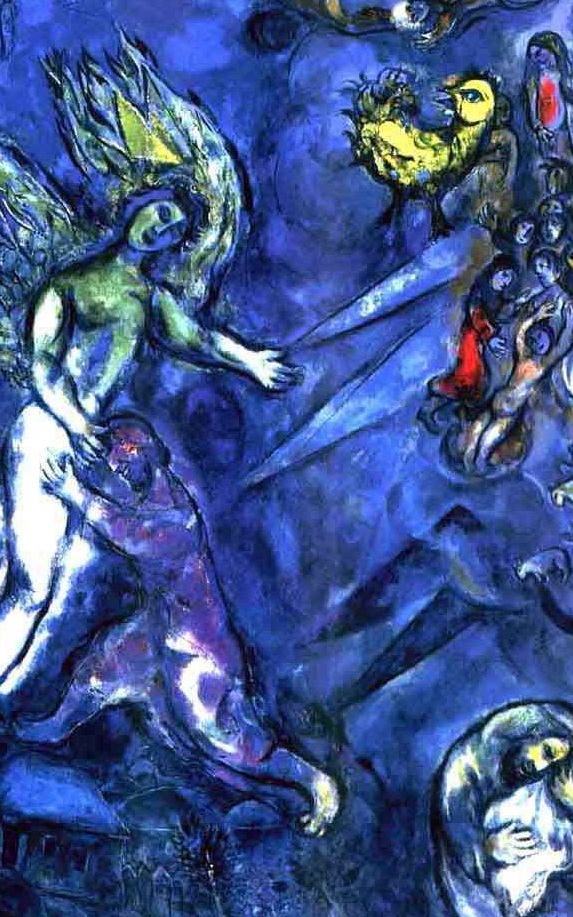All churches have major and minor religious practices. The major ones constitute a framework for the practice of faith, but when under-utilized they become more like a skeleton than a framework. In the case of Catholicism, the body on this skeleton is becoming emaciated.

Between 1981 and 2010, Sunday mass attendance dropped by about half in most Western countries:
- from 18.5 to 6.9% in Germany,
- from 30 to 8.3% in Belgium,
- from 40.1 to 14.4% in Spain,
- from 82.2 to 34.3% in Ireland

- from 70-80% in the 1960s to 20-30% in the U.S. today, and
- from about 70% in 1970 to 15% today in Boston.
Why go to church? The official sacramental doctrine is one of "graces." Baptism confers "sanctifying grace" by washing away original sin (CCC 1263); sacraments provide "sacramental graces" (CCC 2003), which together with indulgences participate in "the treasury of the satisfaction of Christ and the saints" (CCC 1471). Is the purpose of Sunday attendance to avoid hell and gain graces?
Many Catholics are skeptical about the Eucharist. According to a 1994 New York Times poll 63% of Catholics believe that the bread and wine of the Eucharist only represent a "symbolic presence of Christ." CARA found that 37% of Catholics in 2001 and 43% in 2008 believed that "the Bread and wine are symbols of Jesus, but Jesus is not really present." Another study of 2000 found that 70% of the 18- to 29-year-olds, and 51% of regular Mass attenders believed so.
Clearly a new approach is needed if Catholicism wants to be credible to an increasing number of ex-Catholics and to those who profess no religion. Here are some suggestions from a sociological perspective.
Jesus said that the sabbath is made for man, not man for the sabbath, so we can also say that sacraments are for people and not the other way around. If some religious practices are not spiritually helpful for people, it is better that these rituals be dropped or changed rather than maintained as sterile and fruitless practices. It is common for young people to quit church and return later when they are looking for spiritual nourishment (although actually most of them do not return). And if they feel they are not spiritually fed in the Catholic Church, they are likely to look elsewhere.
Christianity is a religion of salvation—a word derived from a Latin word meaning health. As Jesus saved/healed people from sickness and tormenting spirits, faith practices should lead to the healing and transformation of the heart. Rituals by themselves won't do that.
Like Jacob wrestling with God (on the right: by Chagall), most people are wrestling spiritually and look for healing in a one way or another.
Sociologist Rodney Stark has shown that Christianity grew at the rate of about 3% per year from the year 30 to the year 313. That's about the rate by which a group grows by attracting others to its lifestyle. Thriving Evangelical churches grow by having rituals that express the faith of these communities, such as adult baptism, lively worship, and inspirational preaching. When small groups in any church focus on Bible studies, service to needy members, and outreach to the community, these everyday experiences feed into and amplify the experience of Sunday worship, and help these churches grow.